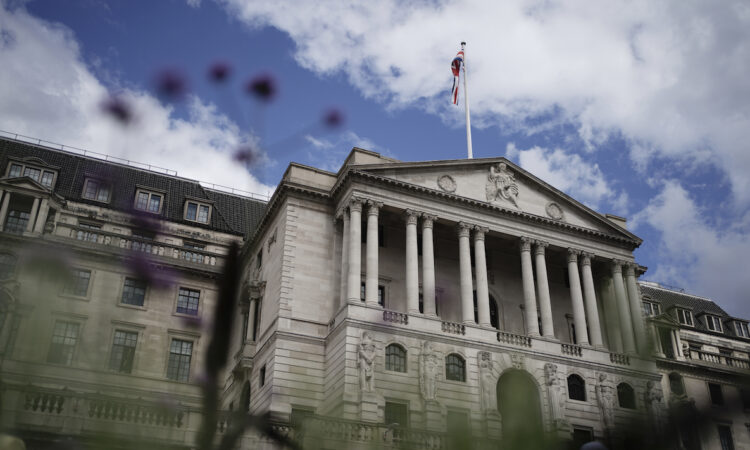
THE economy is in “dire straits” as experts questioned the Tories’ political will to reverse slowing wage growth and falling job vacancies.
The Office for National Statistics revealed today that quarterly pay rises slowed at the fastest pace for two years —falling by 0.5 per cent to 7.3 per cent in the three months to October.
The number of vacancies also fell for the 17th month in a row — the longest period of decline on record — down by 45,000 to 949,000 in the three months to November.
TUC general secretary Paul Nowak said: “The UK economy remains in dire straits.
“Pay growth slowed in October with real wages still worth less than in 2008.
“And unemployment is 200,000 higher than a year ago with vacancies falling for the seventeenth consecutive period.”
Dr George Dibb, head of the Institute for Public Policy’s Centre for Economic Justice, said: “Slowing growth in real pay, wages still worth less than they did in 2008, and a drop in vacancies should be a red flag for the economy.”
The Bank of England could cut high interest rates sooner but the government can also do more to tackle the weakening jobs market, he said.
“A green industrial strategy and rising public investment across the board can provide the impetus to get the economy going again, but only with political will,” he said.
Ben Harrison, director of the Work Foundation at Lancaster University think tank, said while the data showed workers have seen real terms pay grow by 1.4 per cent on the year, this “risks hiding the fact that the majority of workers are poorer than in 2008, and the Office for Budget Responsibility has warned real wages will not return to those levels until 2028.”
Unite general secretary Sharon Graham said high inflation was undermining collectively bargained pay rises and that the battle to push up pay is “far from over.”
Shadow work and pensions secretary Liz Kendall said the figures “once again lay bare 13 years of Conservative economic mismanagement.
“We are the only G7 country with an employment rate that hasn’t returned to pre-pandemic levels and a record number of people are now locked out of work due to long-term sickness.”






